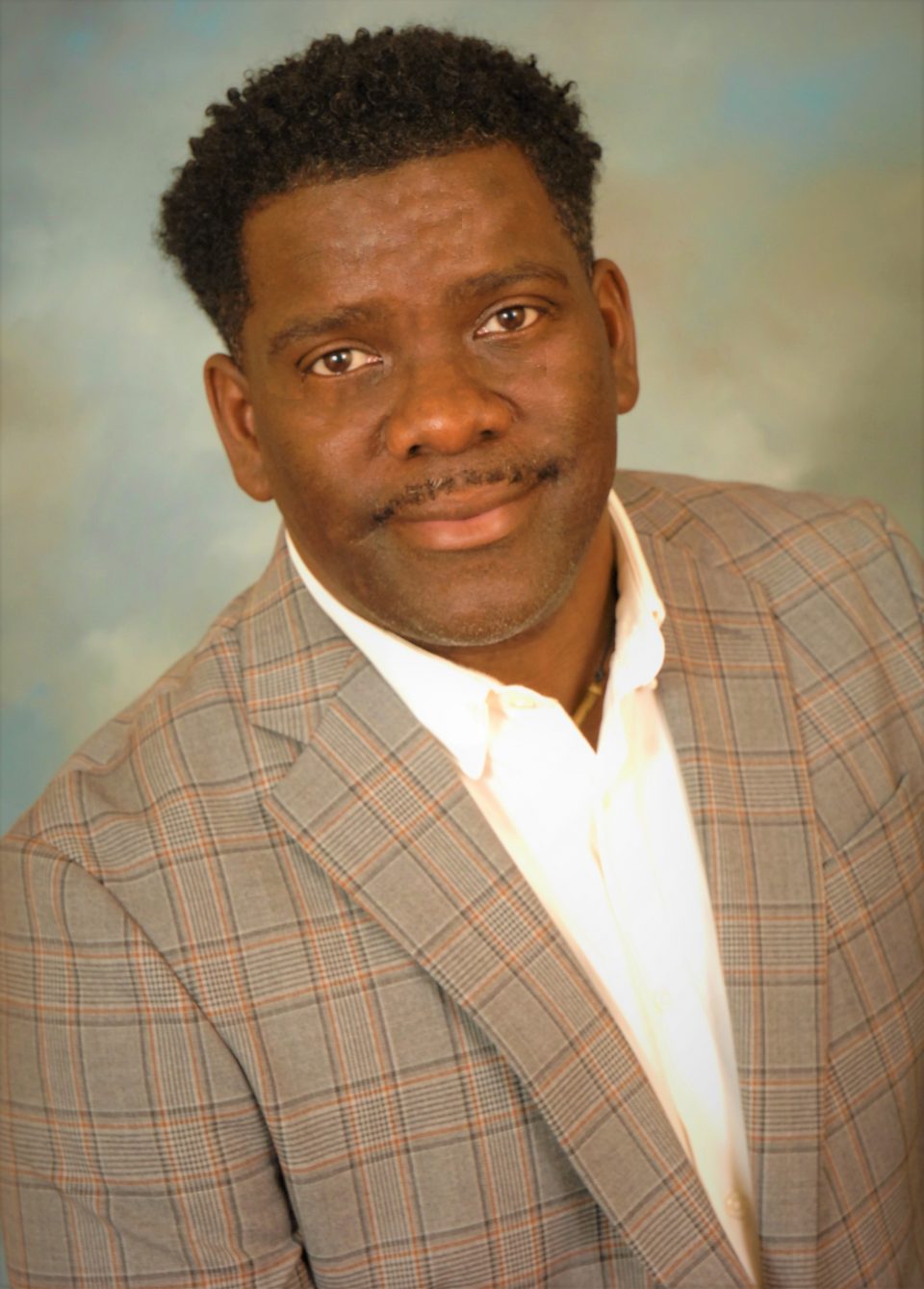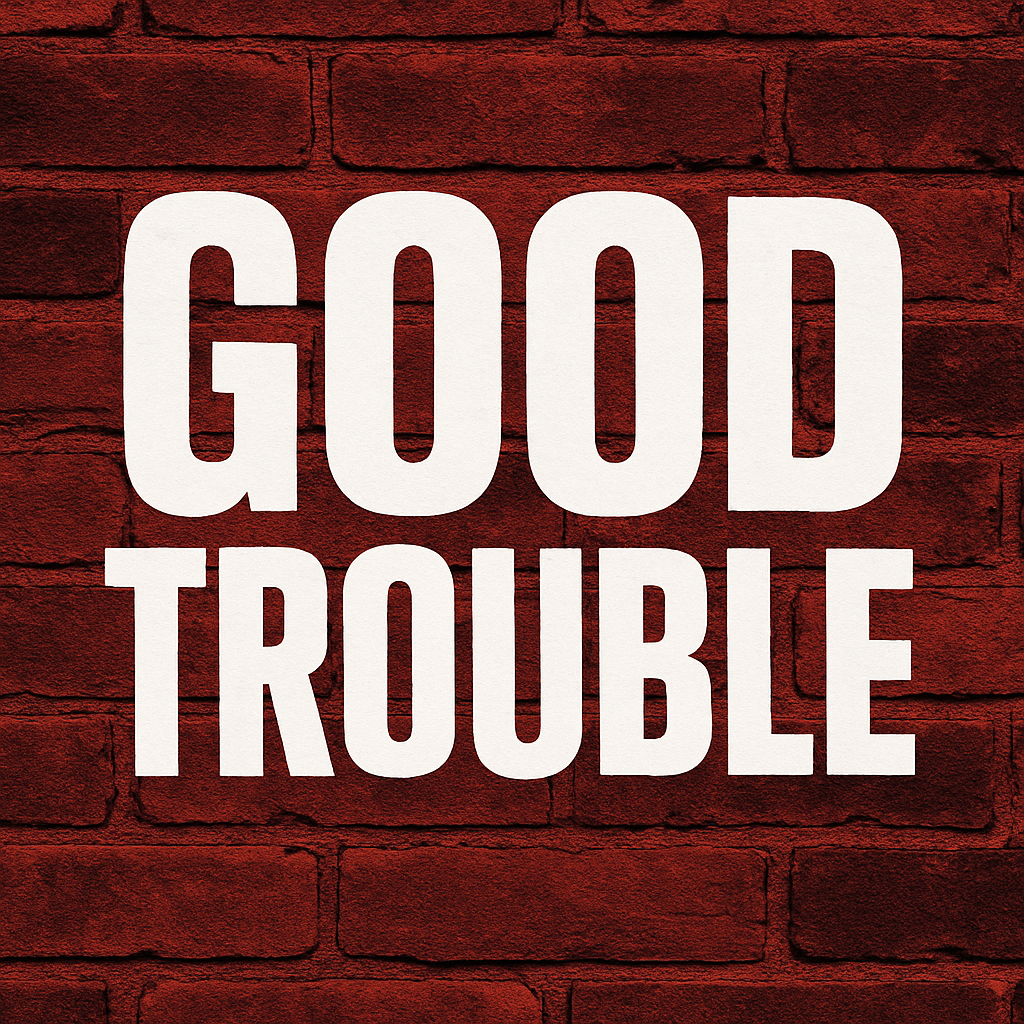by Dr. Kyshun Webster
I know what it feels like to have your life’s work twisted into a weapon against you. Twice, I’ve watched as my commitment to equity and justice—the very principles that drove me to dedicate over 25 years to serving youth and communities—became the ammunition used to target me in calculated takedown campaigns.
The first time, I thought it was an anomaly. The second time, I realized it was a strategy.
Today, I’m launching When Good Trouble Becomes Bad News, a column that emerges not from ivory tower observations, but from the trenches of modern social justice warfare. As someone who has survived the deliberate dismantling efforts that are increasingly weaponized against DEI leaders and social justice advocates, I bring both the scars and the clarity that come from being on the receiving end of what I now recognize as a coordinated assault on progress itself.
The Personal Made Political
My journey began in my teenage years as an applied social scientist, using communities as my laboratory for innovation and change. I earned my Ph.D. in Work, Family and Community Education from the University of Minnesota and a Master of Science in Non-profit Leadership from the University of New Orleans. As a social innovator, I’ve worked across private, public, and nonprofit sectors, teaching Executive Leadership at the doctoral level and serving as a professor who launched successful social ventures. I’ve advised top political officials, became a two-time recipient of the Open Society Equality Fellowship, consulted with philanthropies, led organizational transformations, and dedicated my career to authentically integrating racial equity into institutions from cradle to career.
But none of those credentials mattered when the takedown machine set its sights on me.
What I discovered through my own painful experience—and now through my ongoing research on “takedown-cancel culture” affecting BIPOC leaders—is that we’re witnessing something far more sinister than isolated incidents of accountability gone wrong. We’re seeing the systematic silencing of voices that dare to challenge the status quo, wrapped in the language of fairness and painted with the brush of extremism.
From Pain to Purpose
Those experiences could have ended my career. Instead, they crystallized my mission. I transformed that pain into passion, becoming the Executive Producer of Children of The Dream, a documentary series telling the story of how Civil Rights icons developed the 21st Century Youth Leadership Movement.
But most importantly, those experiences gave me the insider’s perspective needed to decode what’s really happening when “good trouble”—that beautiful concept John Lewis gifted us—gets reframed as bad news.
The Strategy Behind the Silence
When Good Trouble Becomes Bad News will pull back the curtain on the calculated erasure of reformers across America. From school boards to boardrooms, from statehouses to social media, there’s a spreading message: sit down, stay quiet, don’t rock the boat. DEI initiatives are under fire, activists are being smeared, and the pursuit of equity is being recast as divisive radicalism.

This isn’t happening by accident. It’s a strategy, and this column will call it out.
Each installment will combine rigorous analysis with unflinching accountability. I’ll name names, connect dots, and expose the high cost of truth-telling in a country increasingly hostile to it. Drawing from my lived experience as a “battle-tested leader” and my academic training as a scholar, I’ll examine the cultural and political warfare aimed at silencing those who push for change.
Related: 5 Things John Lewis Taught Us About Good Trouble
The Questions We Must Ask
Why is it that calls for inclusion now provoke cries of division? Why are those walking in John Lewis’s legacy now branded as agitators? Is the pursuit of a more just society now too much for America to bear?
These aren’t rhetorical questions—they’re the urgent inquiries of our time. In an era shaped by fear-driven politics and nostalgic regression, where censorship masquerades as accountability and cultural gaslighting recasts liberation as overreach, we need voices willing to illuminate rather than simply provoke.
Where We Stand
This column asks: Who gets to define the narrative? At what cost are we allowing progress to be undone? In a moment when silence is mistaken for civility and neutrality for virtue, When Good Trouble Becomes Bad News demands we choose sides.
This is where the fight for justice meets the court of public opinion. This is where we decide which side of history we’re on.
Having survived two takedown attempts, I understand the price of speaking truth to power. But I also understand the greater cost of staying silent. If you want unflinching analysis, real accountability, and stories the mainstream is too timid to touch, this column is your frontline dispatch from the ongoing battle for America’s soul.
The trouble was always good. It’s time we reclaimed the news.

Dr. Kyshun Webster, Sr. is a social scientist, activist, and Executive Producer with over 25 years of experience in leadership and social innovation. His new column “When Good Trouble Becomes Bad News” launches this week.


So very glad to see this! Thank you Kyshun and Black Source Media.
I concur! Excellent article Dr. Webster. As Americans, we have always been open to differing opinions. Today, we have become so polarized, we are at the point where political discord has become toxic. Americans DO NOT LIKE EXTREMISM! Americans are not being fooled either. We know there’s not much we can do about the President, but we can go after those who ENABLE HIM. Many GOP politicians are deciding not to run for re-election. They no longer appear at town halls because they fear for their careers. I have always put my faith in people, not politicians!
We, as Americans WILL TAKE OUR DEMOCRACY BACK! This country was built on DEI. We have always reveled in our differences and learned from each other. I truly believe this Social Experiment will thrive well beyond its upcoming 250 years.